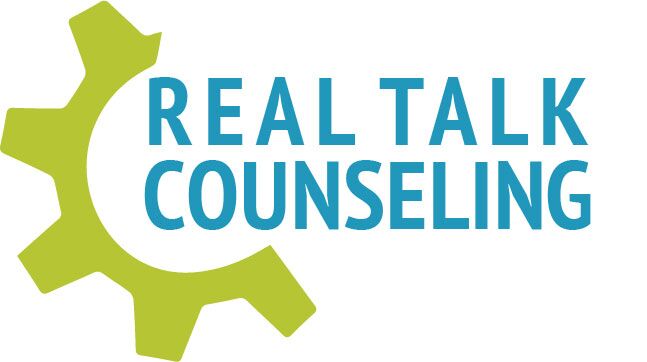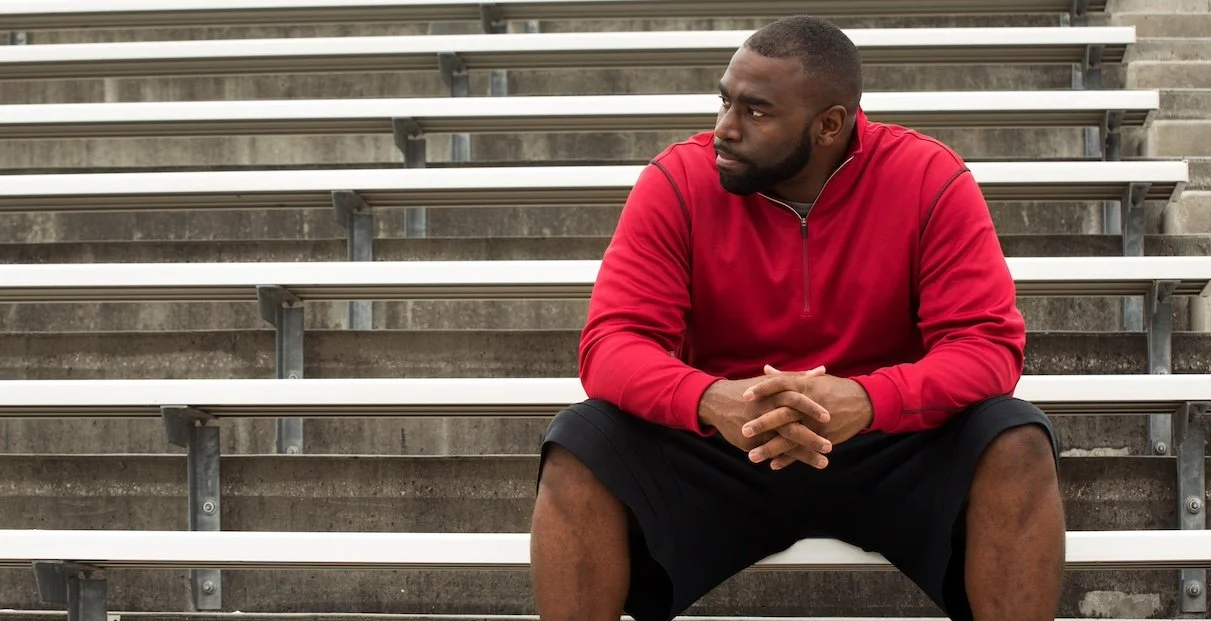What is the most common approach to treating depression?
Depression is a complex mental health disorder that impacts millions of individuals globally. Its manifestations range from subtle feelings of sorrow to intense episodes of grief that disrupt everyday activities. Knowledge of the most effective strategies for treating depression is indispensable for those searching for solutions for themselves or for their loved ones. One of the most efficient techniques to manage depression is depression counseling, which is available with our providers at Real Talk Counseling in Charlotte, North Carolina. Let's take a closer look at depression and some of the strategies available to treat it.
What exactly is depression?
Before diving into the treatment options available for depression, it is important that individuals understand what depression truly is. It extends beyond mere feelings of sadness. Instead, it is a consistent condition marked by an array of emotional and physical symptoms. This encompasses some of the following signs and indications that depression may be present in yourself or someone you love and care about:
Continuous sadness or a low mood
Declining interest in formerly enjoyed activities
Shifts in appetite or weight
Sleep irregularities
Tiredness or energy depletion
Trouble with concentration
Feelings of worthlessness or excessive culpability
Identifying these symptoms is the very first step towards getting a proper diagnosis and the help you need to investigate possible treatment options with a skilled professional.
What are the different types of counseling for those with depression?
Cognitive Behavioral Therapeutic Approach (CBT). Considered one of the most popular strategies in handling depression, CBT is centered around recognizing and altering detrimental thought cycles and actions that may incite depressive signs. By challenging these thoughts, our patients at Real Talk Counseling have the power to form more beneficial coping strategies and enhance their overall mood.
Interpersonal Therapeutic Method (IPT). IPT underlines the vital role of personal connections and societal interactions in dealing with depression. This method assists people in addressing underlying relationship problems that may be intensifying their depressive state.
Psychodynamic Therapeutic Approach. This therapy plunges into unconscious mental activities and past situations and experiences that might influence one's present behaviors and emotions. By having deeper insight into these elements, our clients have the opportunity to comprehend their emotions better, paving the path to recovery.
Mindfulness-Based Cognitive Therapeutic Approach (MBCT). MBCT merges both conventional cognitive therapy and mindfulness techniques, empowering patients to be more cognizant of their own thoughts and emotions--minus the judgment. This heightened awareness helps in curbing the risk of a relapse in those who have previously dealt with recurring depression.
Who can I reach out to for help for counseling for depression?
Treating depression in yourself or someone you care about might require a custom-tailored approach combining counseling, lifestyle changes, and sometimes even medication. If you reside in the area of Charlotte, North Carolina and would like to talk to one of our mental health professionals to get a proper diagnosis and to discuss your needs for treatment, call Real Talk Counseling today at (980) 939-0991. We are here to help and provide a range of therapy and counseling services for new and established patients in our office.



